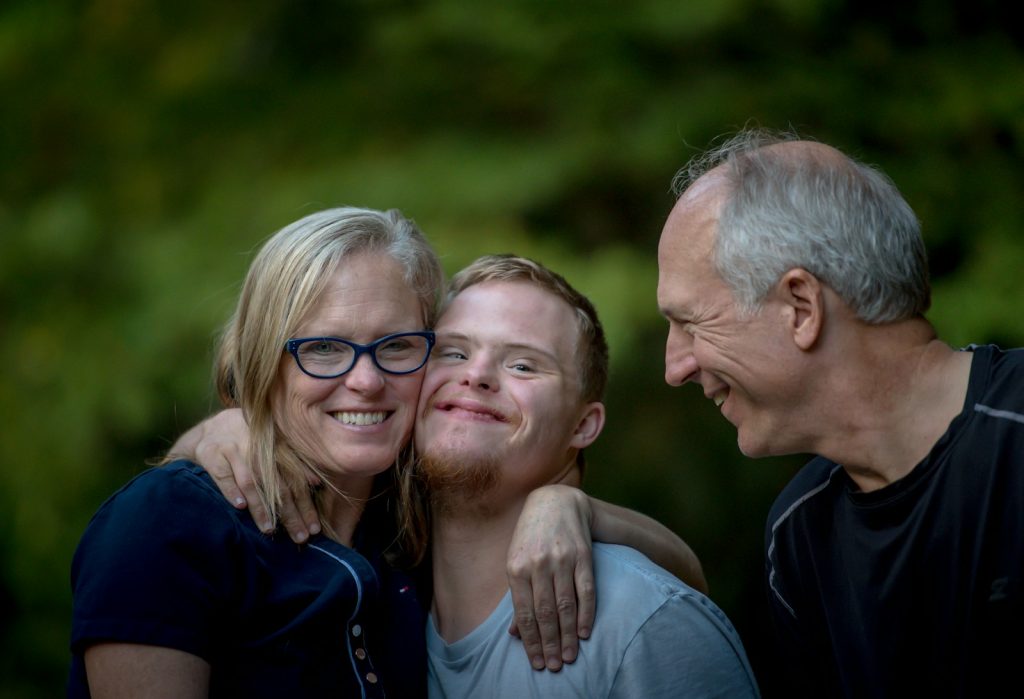Being a carer is a profound yet often underappreciated role that involves a range of emotional and physical responsibilities. As we recognise National Carers Week, it’s essential to shed light on the realities faced by millions of individuals who dedicate their lives to caring for loved ones. This article explores the challenges, triumphs, and heartfelt moments that shape the experience of a carer.
The Dual Nature of Caring
At its core, caring for someone is a deeply fulfilling experience, yet it comes with unique challenges that can weigh heavily on one’s emotional and physical well-being.
Emotional Rewards
Many carers will tell you that the emotional rewards of their role far outweigh the challenges. The profound bonds formed and the opportunity to provide support make the journey worthwhile. Key emotional benefits include:
- A Sense of Purpose: Carers often feel that their role brings meaning to their life, as they play a crucial part in improving their loved one’s quality of life.
- Strengthened Relationships: Spending time together allows carers to deepen their connections with those they care for.
- Personal Growth: The experiences can foster resilience, adaptability, and empathy.
The Weight of Responsibility
However, the weight of responsibility can also lead to significant stress and anxiety. Some of the challenges faced by carers include:
- Physical Exhaustion: Continuous caregiving can lead to fatigue and a lack of self-care.
- Emotional Strain: Watching a loved one struggle can be heartbreaking, leading to feelings of helplessness.
- Lack of Time for Self: Many carers neglect their own needs, leading to burnout and health issues.
Have you read: Reimagining Women’s Health: Separating Obstetrics and Gynecology for Better Care
Navigating the Daily Grind
The daily life of a carer is often fraught with challenges that require multi-tasking skills, patience, and resilience. Understanding a typical day can shine a light on the complexities of this role.
A Typical Day in the Life of a Carer
A carer’s day is filled with routines and responsibilities that revolve around the health and well-being of the person they are caring for. Here’s a glimpse into a day in their life:
- Morning Routine: Waking up early to assist with getting out of bed, personal hygiene, and meal preparation.
- Medication Management: Ensuring timely medication administration, can be a challenging task, especially for those managing multiple prescriptions.
- Daily Activities: Engaging the individual in exercises or recreational activities, which may include reading, cooking together, or simply providing companionship.
- Transportation: Driving to appointments or social events, can be both a logistical challenge and a way to foster independence.
- Evening Routine: Preparing dinner, assisting in winding down, and making sure all needs are met before bed.
The Importance of Adaptability
Every day can bring new challenges that require carers to be adaptable and resourceful. Situations may change rapidly based on the health and mood of the individual they care for, necessitating a flexible approach to managing their day-to-day responsibilities.

Finding Support and Resources
One of the most significant challenges carers face is the threat of isolation. Many feel alone in their journey, but support systems can help alleviate this burden. Here are some resources that can provide assistance:
- Support Groups: Engaging with others who share similar experiences can provide emotional relief and understanding.
- Professional Help: Seeking assistance from healthcare professionals for guidance and training.
- Respite Care: Utilizing respite services to allow for breaks and personal time.
- Online Resources: Websites and forums dedicated to carers can offer valuable information and community support.
Self-Care: The Cornerstone of Sustainable Caring
In the fast-paced life of caring for someone else, self-care often takes a backseat. However, prioritizing one’s wellness is essential for effective caregiving. Here’s how carers can practice self-care:
Establishing Boundaries
It’s crucial for carers to recognise their personal limits. Establishing boundaries can help preserve mental and emotional health. This may include:
- Recognizing Stress Triggers: Being aware of what causes stress and finding ways to manage or avoid those triggers.
- Learning to Say No: Understanding that it’s okay to refuse additional responsibilities when feeling overwhelmed.
- Creating Personal Time: Setting aside time for activities that enrich personal life, whether through hobbies, exercise, or rest.
Seeking Emotional Outlets
Finding channels for emotional expression can significantly alleviate stress. Options may include:
- Journaling: Writing down thoughts and feelings can provide clarity and relief.
- Creative Arts: Engaging in painting, crafting, or other creative outlets can serve as a therapeutic escape.
- Professional Counseling: Talking to a therapist can offer tailored strategies for coping with the demands of caregiving.
The Role of Community in Supporting Carers
As we celebrate National Carers Week, it’s essential to recognise the collective responsibility of society to support these dedicated individuals. Simple acts of kindness, community programs, and awareness can make a tangible difference in the lives of carers.
Ways Communities Can Help
- Awareness Campaigns: Promoting conversations around caring roles helps foster understanding and empathy in broader society.
- Volunteer Programs: Encouraging local volunteer efforts that assist carers directly, whether through providing companionship to the person being cared for or offering household help.
- Accessible Resources: Developing community resources that address the needs of carers can instil a sense of empowerment.
Conclusion: Honoring the Journey of Carers
Life as a carer is a rich tapestry of emotions, experiences, and challenges. While the road can be steep and fraught with difficulties, the rewards of providing care and love are immeasurable. As we recognise National Carers Week, let us reflect on the vital role that these individuals play in our communities and the importance of supporting them. Acknowledging their efforts and providing resources is not only an act of kindness but a step toward a more compassionate society.
To all the carers out there—your work is invaluable and deserves celebration not just this week, but every day. Remember, you are not alone on this journey.
Empowering Insights: Top 10 Groundbreaking Women’s Health Stories of 2024
The landscape of women’s health is continuously evolving, and 2024 has been no exception. This year has seen remarkable advancements and enlightening discussions across various aspects of women’s health. From new medical technologies to groundbreaking studies, these stories not only reflect the progress made but also the challenges that still lie ahead. In this article, we dive into the top ten women’s health stories that have captured attention and sparked conversations in 2024.













